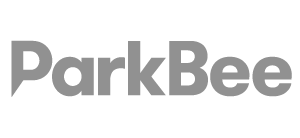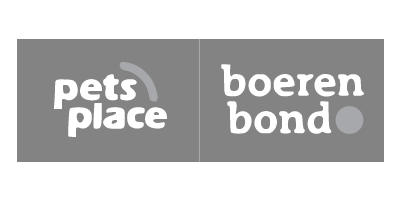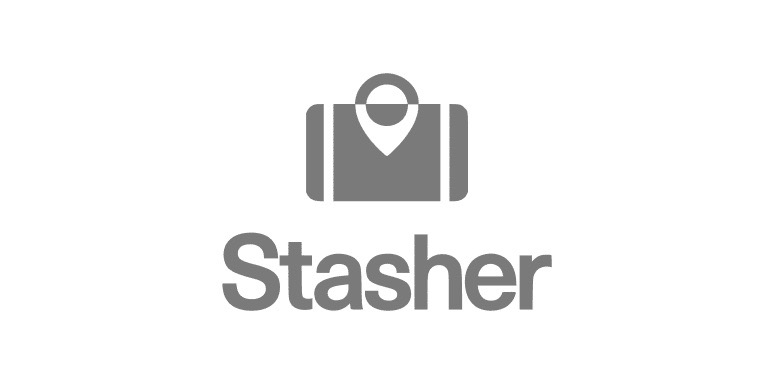Local Keyword Research
Local Keyword Research is the process of identifying search terms that potential customers are using to find your business on Google or Google maps.

There are three different types of local keywords that customers use to find your business:
- Direct searches: Someone types in the name and address of your business; they are usually doing this to use Google (Maps) to place a call or do a navigation request.
- Branded searches: When the customer is searching for your brand, but it is unsure if they are looking for a specific physical location.
- Discovery searches: When a customer is searching for a product or service that is related to your business.
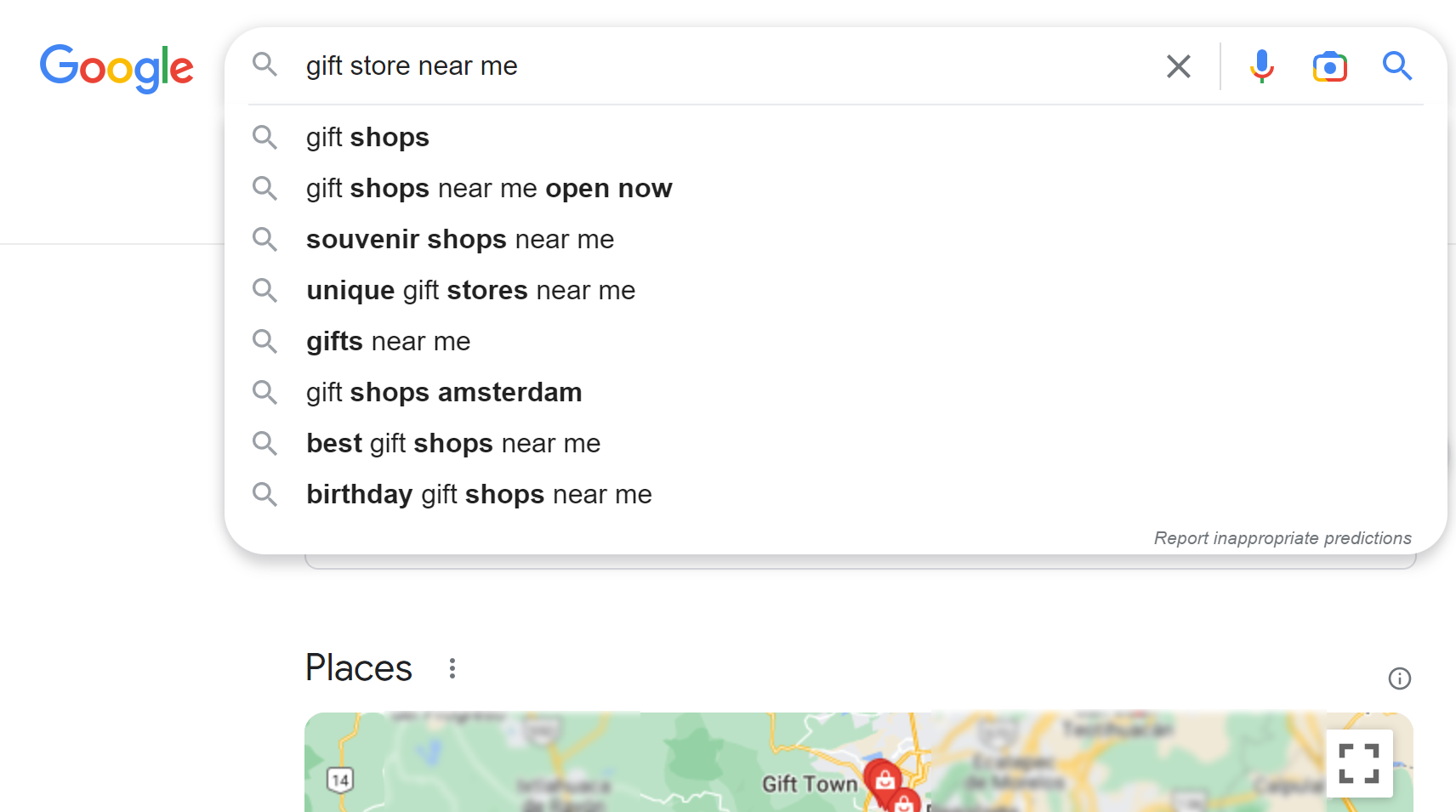

Why is local keyword research important?
From a UX perspective, knowing which local keywords Google considers relevant to your physical locations is intriguing. Ideally, each location needs to have its own location-specific webpage as well as its own Google Business profile. When users enter direct, branded, or discovery searches into Google or Google maps, both may appear in the search results, and you want them both to be at the top of the list. If you have multiple locations in a city, you might want to combine this with an extra city-specific landing page.
Use the keywords in your Google Business Profile, get them highlighted in reviews (delivery is a simple example), and use them on your location-specific landing pages. You can use numerous keywords in your description, reviews, and Q&As, as well as one in the title (Barts’ Bakery for example). Of course, using them on your landing page is a good idea because this gives a positive signal for your Google Business Profile.
What are local keywords?
Best practise is to combine the keyword and the location, to localise the keyword, for example: Bakery Amsterdam.
It is not recommended to do this with the title (as titles need to be consistent across multiple locations).
It is ok to localise the keyword in the description, Q&A and on the landing page etc..
Our local keyword research solution
The exact keywords and their frequency of use that triggered impressions for your Google Business Profile(s) are available for reporting. These can be used to improve your local landing pages and current business profile.
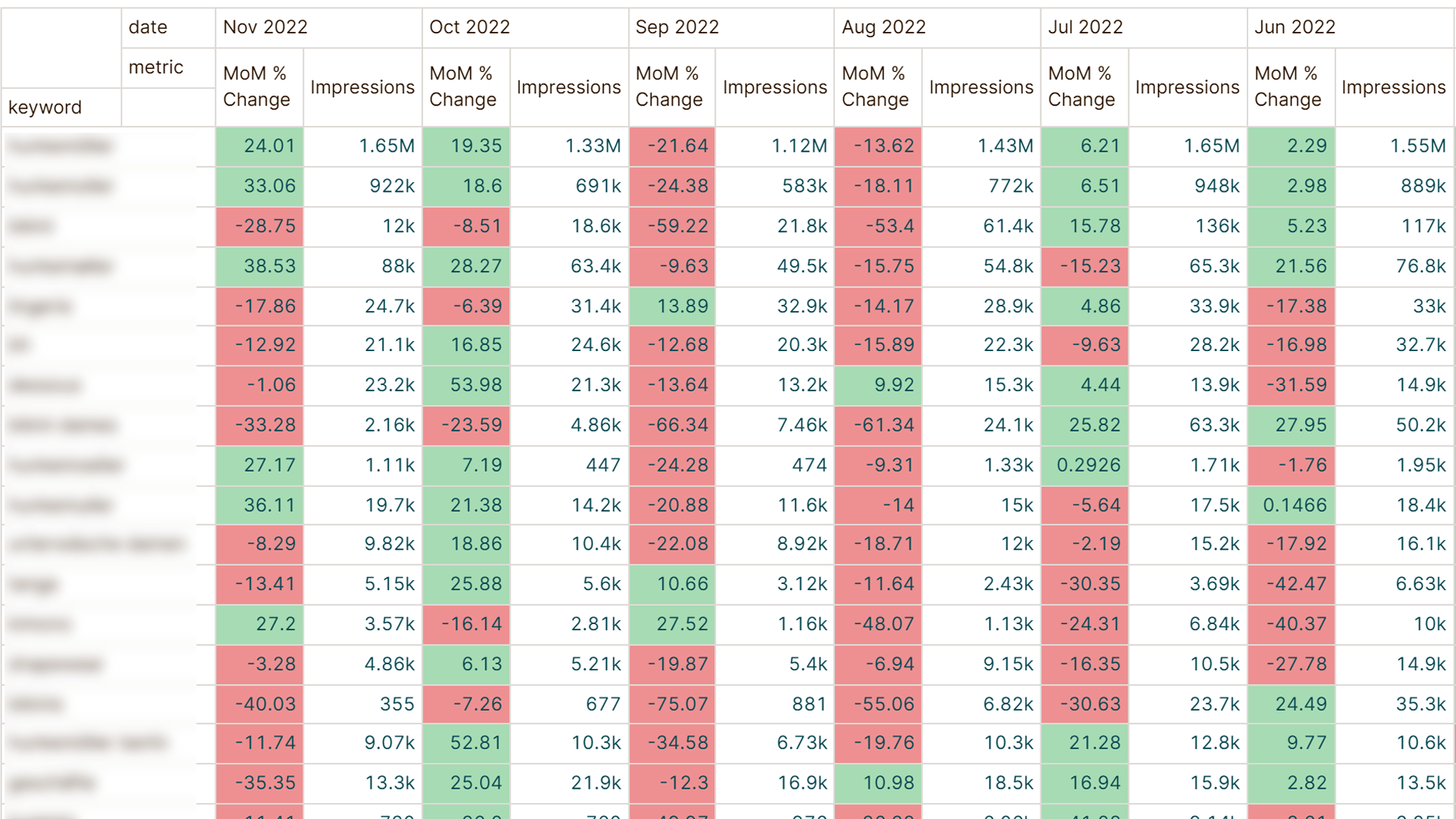

How can GMBapi.com help you to score on local landing pages?
We can segment relevant local keywords by location and track trends over time. This data may be divided up based on labels and locations, and we can conduct A/B testing to learn if the chosen strategies result in more impressions. Start your free trail today.
Check out our tool in action
Get started on local search today with a free demo from one of our experts.






